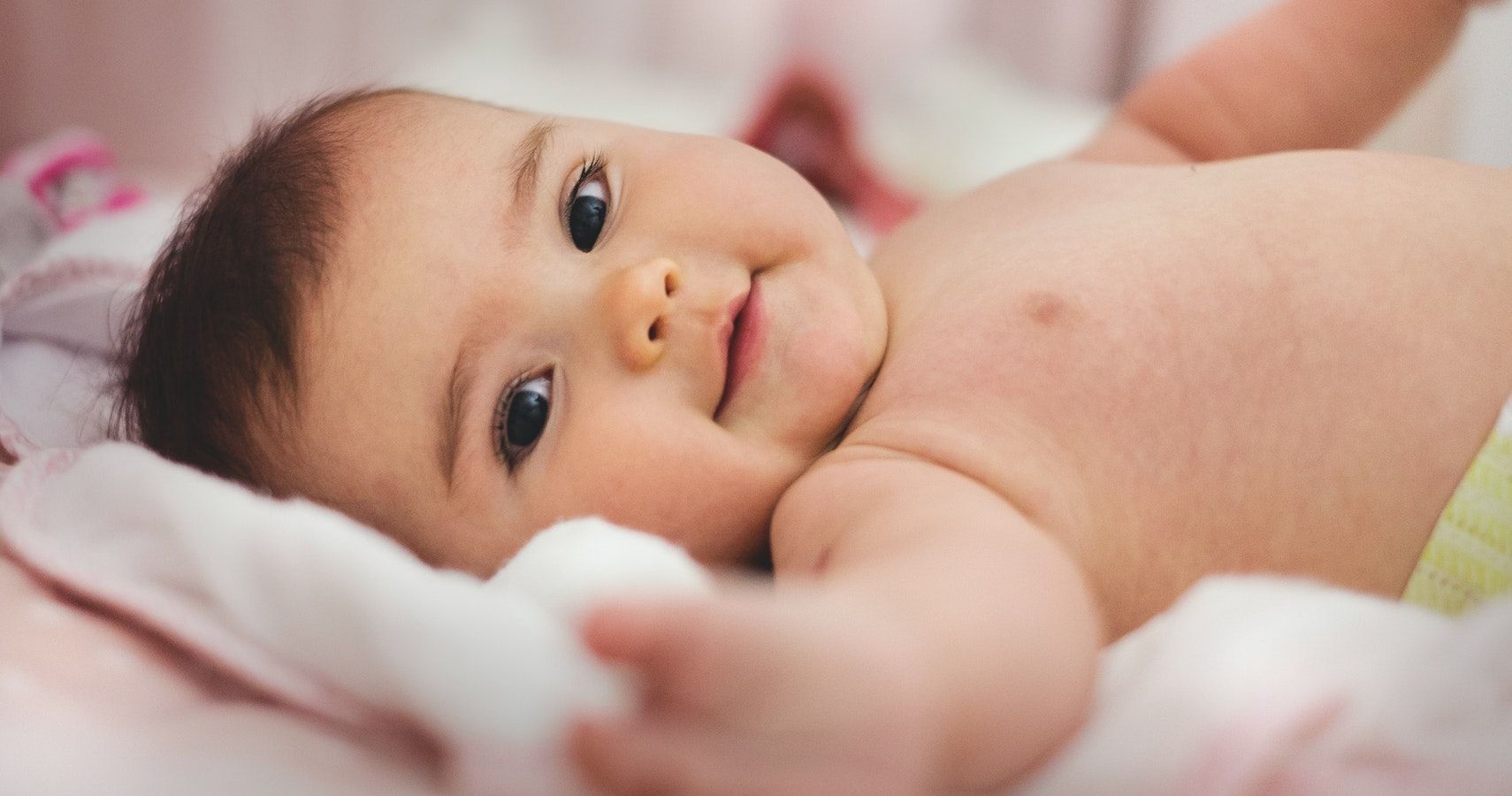 Source: bing.com
Source: bing.comTable of Contents
Introduction
Babies are born helpless and completely dependent on their caretakers. However, as they grow up, they go through various stages of development that ultimately lead them to become independent and fully functioning adults. In this article, we will talk about the different stages of development that babies go through and how they develop into adults.
Prenatal Development
Prenatal development starts from the moment of conception and lasts until the birth of the baby. During this time, the baby grows and develops rapidly, going from a single cell to a fully formed human being. The first few weeks of prenatal development are crucial, as this is when the major organs and systems of the body start to form.
Infancy
Infancy is the stage of development that lasts from birth to two years of age. During this time, babies grow and develop at an astonishing pace. They learn to crawl, walk, and talk, and they start to develop their own personalities. Infants also start to develop their senses, including their sense of sight, hearing, taste, smell, and touch.
Toddlerhood
Toddlerhood is the stage of development that lasts from two to three years of age. During this time, toddlers continue to grow and develop both physically and mentally. They become more independent and start to explore the world around them. Toddlers also start to develop their social skills and learn how to interact with others.
Childhood
Childhood is the stage of development that lasts from three to twelve years of age. During this time, children continue to grow and develop, both physically and mentally. They start to develop their own interests and hobbies and become more independent. Children also start to develop their cognitive skills, including their ability to think, reason, and solve problems.
Adolescence
Adolescence is the stage of development that lasts from twelve to eighteen years of age. During this time, teenagers go through many changes, both physical and emotional. They start to develop their own identities and become more independent from their parents. Adolescents also start to develop their sexual identities and become more interested in dating and relationships.
Adulthood
Adulthood is the stage of development that starts at eighteen years of age and lasts throughout the rest of a person’s life. During this time, adults continue to grow and develop, both physically and mentally. They start to establish their careers and families and become more independent from their parents. Adults also continue to develop their cognitive skills, including their ability to think, reason, and solve problems.
Conclusion
In conclusion, babies go through various stages of development that ultimately lead them to become independent and fully functioning adults. From prenatal development to adulthood, babies develop physically, mentally, and emotionally. Each stage of development is important and lays the foundation for the next stage. As caretakers of babies, it is important to understand the different stages of development so that we can provide the appropriate care and support for their growth and development.Frequently Asked Questions:1. What is the first stage of development that babies go through? The first stage of development that babies go through is prenatal development, which starts from the moment of conception and lasts until the birth of the baby.2. When does childhood start and end? Childhood starts at three years of age and lasts until twelve years of age.3. What is adolescence? Adolescence is the stage of development that lasts from twelve to eighteen years of age. During this time, teenagers go through many changes, both physical and emotional.4. When does adulthood start? Adulthood starts at eighteen years of age and lasts throughout the rest of a person’s life.5. Why is it important to understand the different stages of development that babies go through? It is important to understand the different stages of development that babies go through so that we can provide the appropriate care and support for their growth and development. Each stage lays the foundation for the next stage, and understanding these stages can help us identify any potential developmental issues and address them early on.
